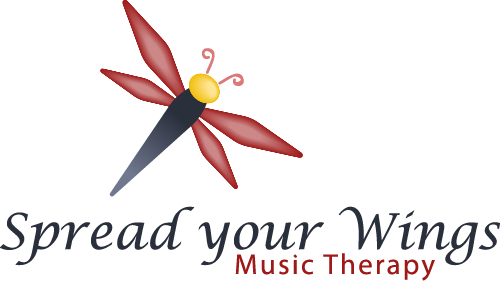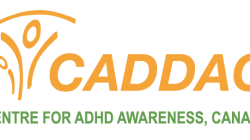There is no doubt that the changes inflicted upon us by this worldwide pandemic have caused an increase in the number of people who are struggling with their mental health. And many people are turning to the creative arts as a way to cope. Whether it’s visual arts, dance, creative writing, or music, “art has always been therapeutic. But its healing qualities are being rediscovered as lockdowns of varying severity leave many disoriented, disheartened and despairing, leading to a surge in cases of anxiety and depression.” (The Times of India, July 26, 2020)
I am fascinated by the universality of the healing power of music, so I have been tracking news from around the world that covers the wonderful opportunities in music therapy, and I just came across this wonderful article.
Sakshi Virmani, from The Times of India, spoke with artists and clinical music therapists alike to gain an understanding of how the arts have been used to reduce stress, promote emotional awareness and grounding, and provide opportunities for strengthening interpersonal relationships. “Music therapy, specifically in these trying times, can provide emotional grounding and calm. It can also help build a healthy sense of interpersonal connection even though we are required to exercise physical distancing in our daily and work lives”.




